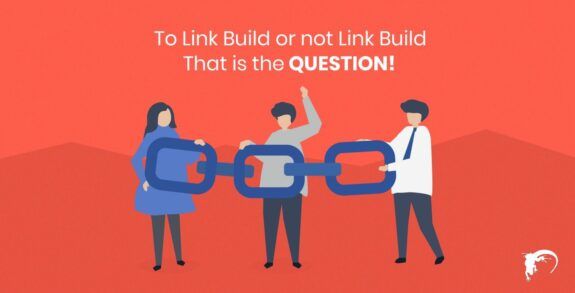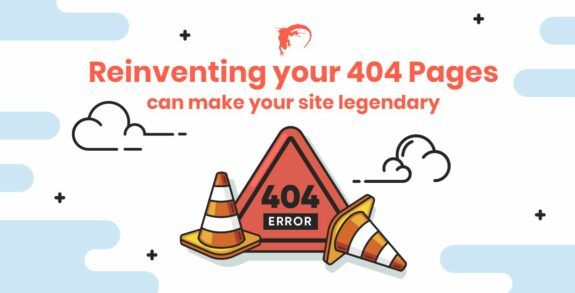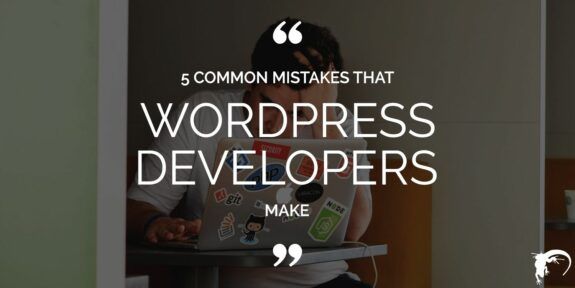Why following Google’s Rules is Always the Best Practice

Rules? Rules? We don’t need any rules! Well, actually we do, otherwise, the internet would be a pretty scary place filled with viruses and trolls looking to bait-and-switch us when all we wanted was to find a recipe for dinner. As a top web development firm, we understand the importance of rules on the internet as well as why following Google’s rules is always the best practice.
While a business might see a competitor breaking rules and gaining a competitive advantage in the marketplace, that doesn’t make it a good idea to follow suit. Unfortunately, some people see webmaster guidelines and think of them like a speed limit sign; just a suggestion. Of course, a person can still get a ticket for driving 43 in a 40 zone, but it happens so rarely that most people are not only fine with it but expect to be able to do it.
The significant difference between breaking one of Google’s rules and a speeding ticket is that the ticket is usually only a few hundred dollars while breaking one of Google’s rules can get your domain blacklisted.
An additional point worth mentioning is that a competitor who ranks well and is doing something that breaks a rule doesn’t necessarily indicate that the rule-breaking action is what has helped them rank.
Google Rules you should Never Break
For those who do feel the need for speed, it is true that some rules seemed to be ignored for the time being. Now that doesn’t mean a situation like when the Penguin update occurred and sites were deindexed overnight won’t happen again but suffice to say some rules are looked at more strictly than others.
Breaking these following rules can get your website blacklisted or rankings reduced resulting in a drop in a site’s traffic and revenue:
- Buying links – The biggest problem with buying links is that they are from disreputable sites and networks. While the link sellers might think they have a method to avoid detection, eventually they will be discovered. This is a good way to get blacklisted.
- Keyword stuffing – This is where a keyword is used too often to be reasonable in hopes to rank higher. Now, keyword density is important, but it only makes up a small part of the overall ranking algorithm. If the algorithm was a test, let’s say keywords are only worth 3 points out of 100. What is the point of risking an automatic “F” just for an extra point? The reason Google is concerned over something as trivial as keyword stuffing is because of the overall user experience. Google wants users to find exactly what they want from a search and typically keyword stuffed content provides little, if any, value to the user.
- Article marketing – This technique is an old-school method for quickly generating content to increase links. Basically, one piece of good content would be revised and spun multiple times to create a dozen pieces of similar content, but not similar enough to trigger duplication issues. Those content pieces would then all be submitted to different websites for publication with links back to the main site. With advances in AI, Google can now quickly find articles that are variations of others which then get marked down which reduces rather than increases the benefit.
- Fake anchor text – This concept falls along the line of keyword stuffing. The anchor text is an area a search engine looks when crawling pages to determine what a page will rank for. Again, like keyword stuffing, this creates pages that make less sense and provide little value as the focus is more on getting certain words on the page rather than a thought or idea.
- Numerous broken links – Broken links happen. It is an unfortunate aspect of having a website. While regular audits can help uncover and correct broken links, some businesses don’t bother assuming no harm will come. However, from Google’s perspective the site with lots of broken links does not seem very up-to-date. It will also provide a subpar user experience compared to a site with few if any broken links. While this error won’t get your site blacklisted, it will factor into the overall rankings.
The Bottom Line
The bottom line is that just because everyone is doing something, that doesn’t always mean it is the right choice. While going a few miles over the posted speed limit might not seem like much, it is still speeding which is an infraction. That is the same reason why following Google’s rules is always the best practice. Otherwise you risk an infraction which might be minor or depending on the violation, or could be very major and ruin your business.
Be sure to check back every week for great new Lounge Lizard blog articles.





